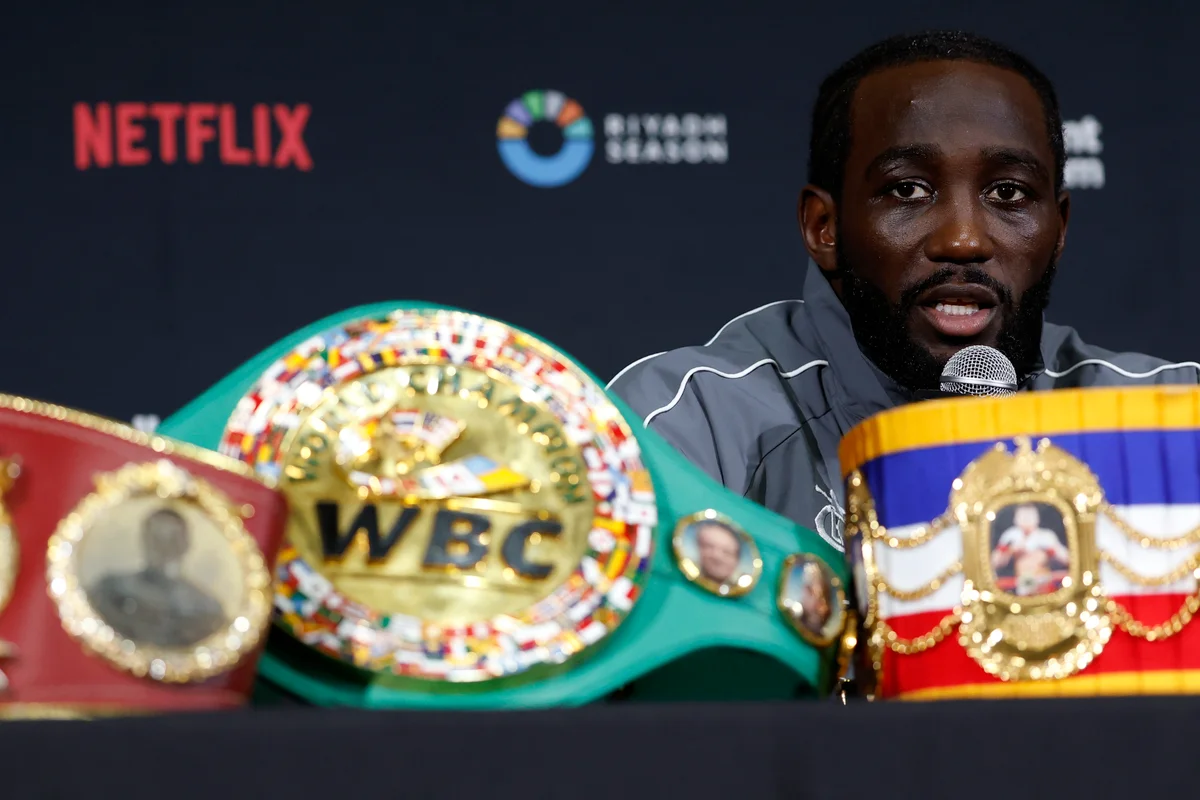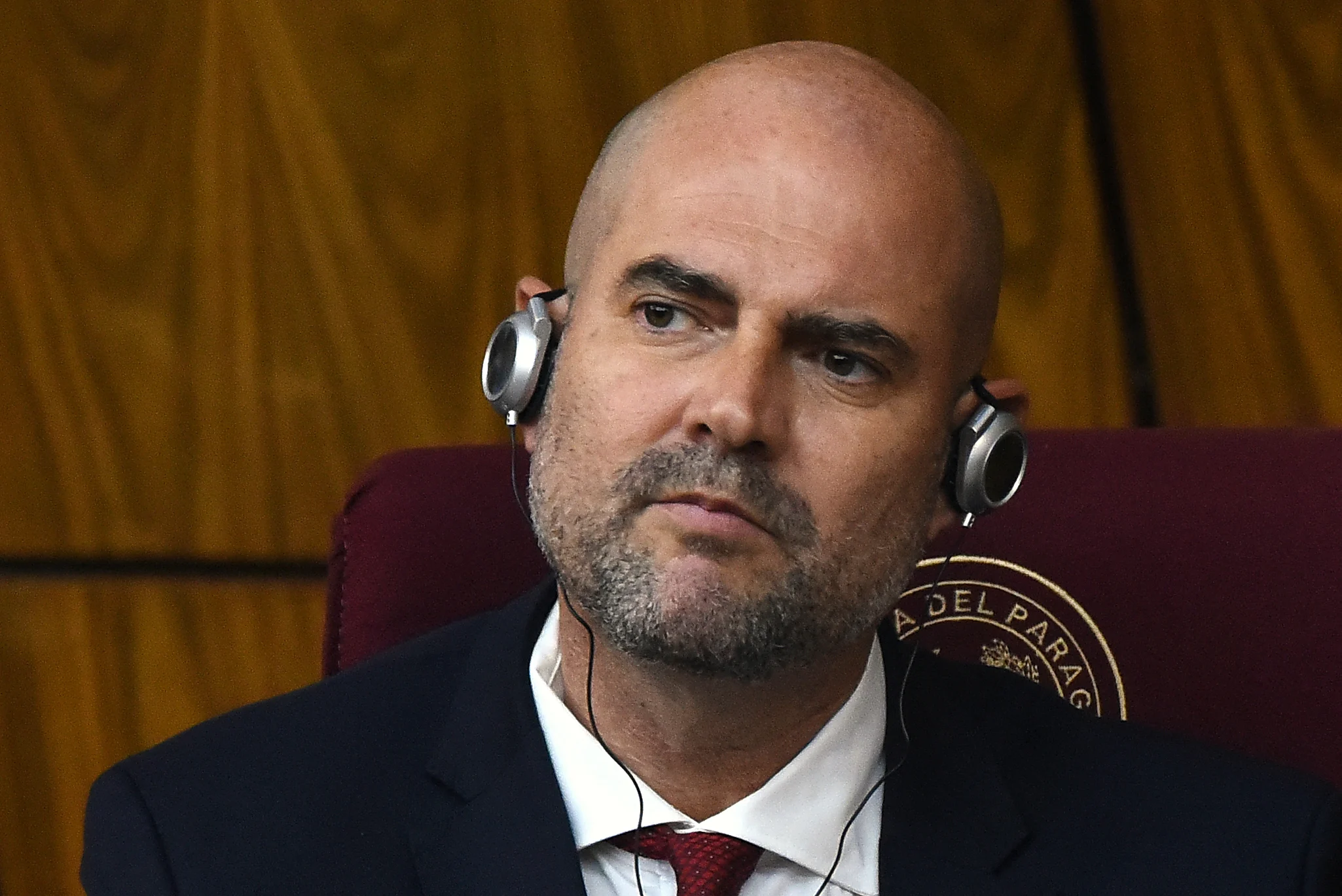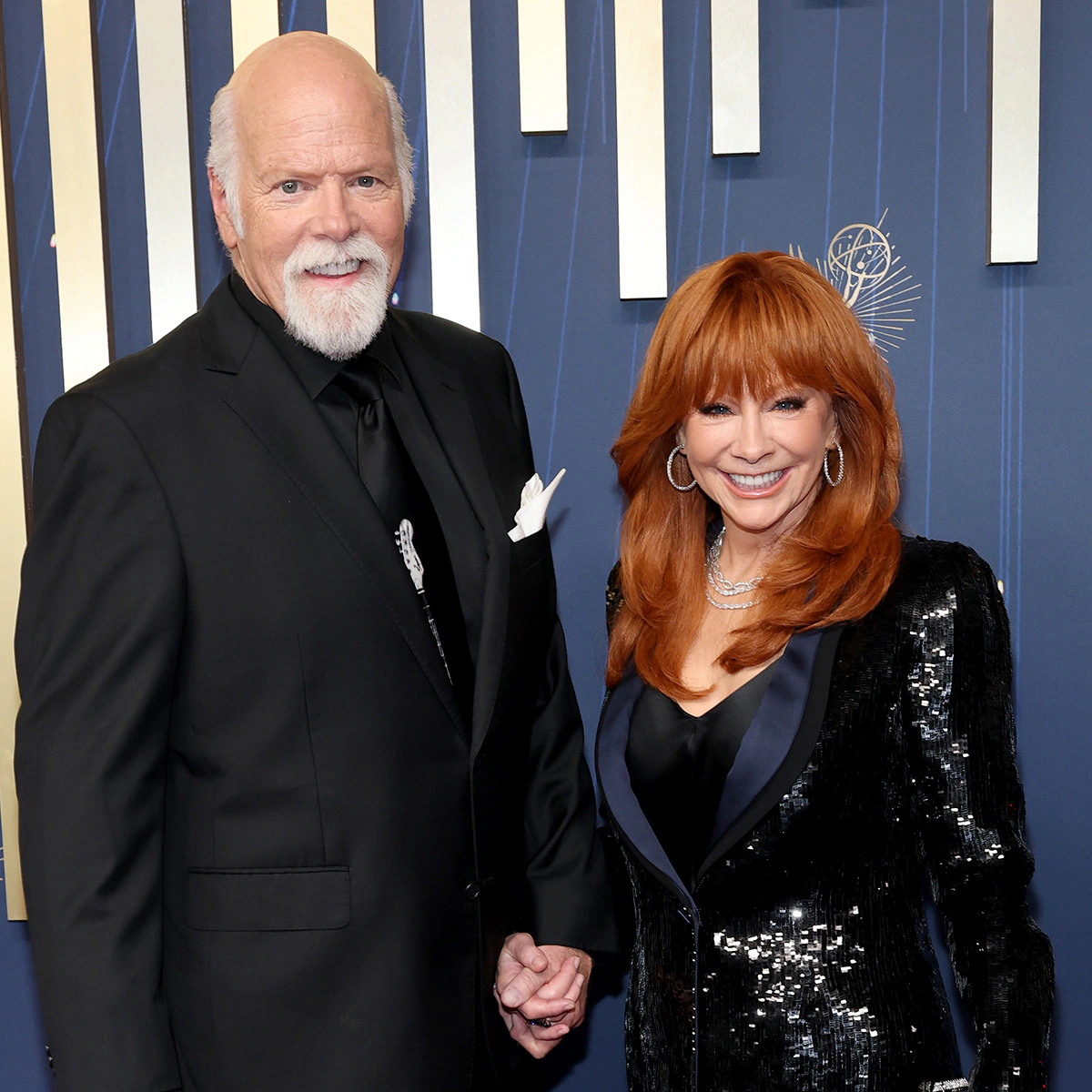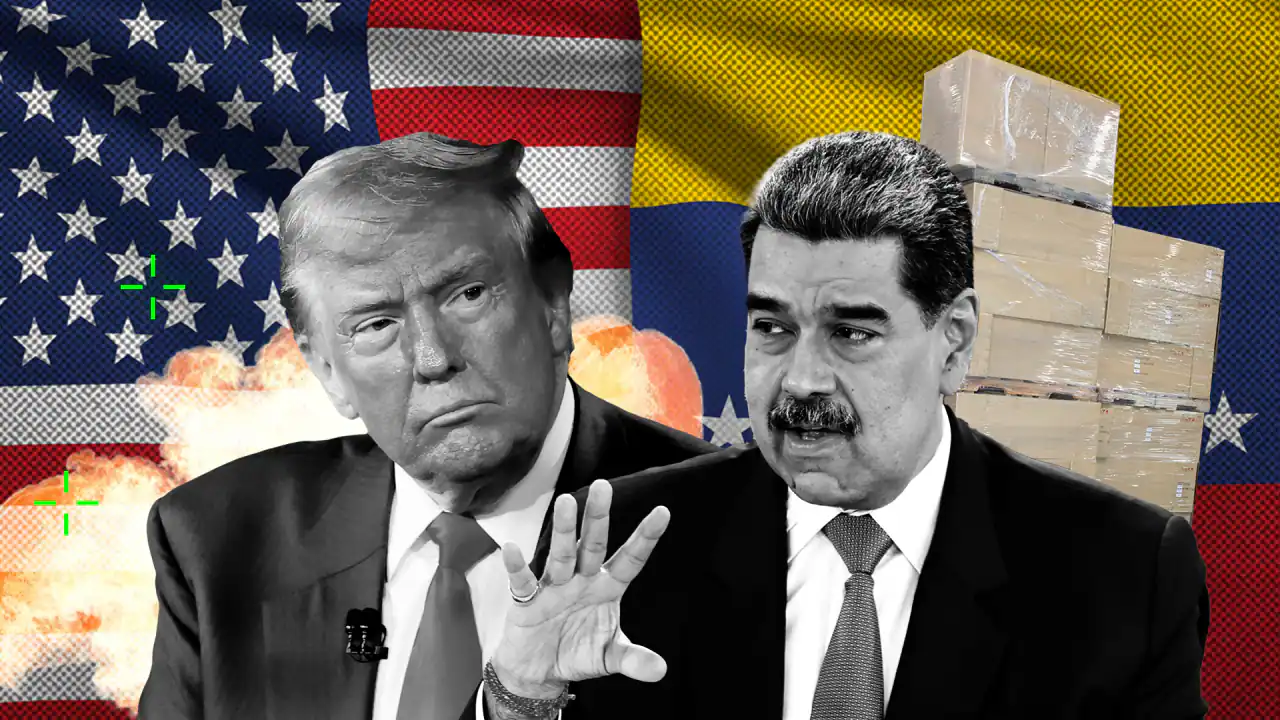By Dan Kitwood,James Ford
Copyright cityam
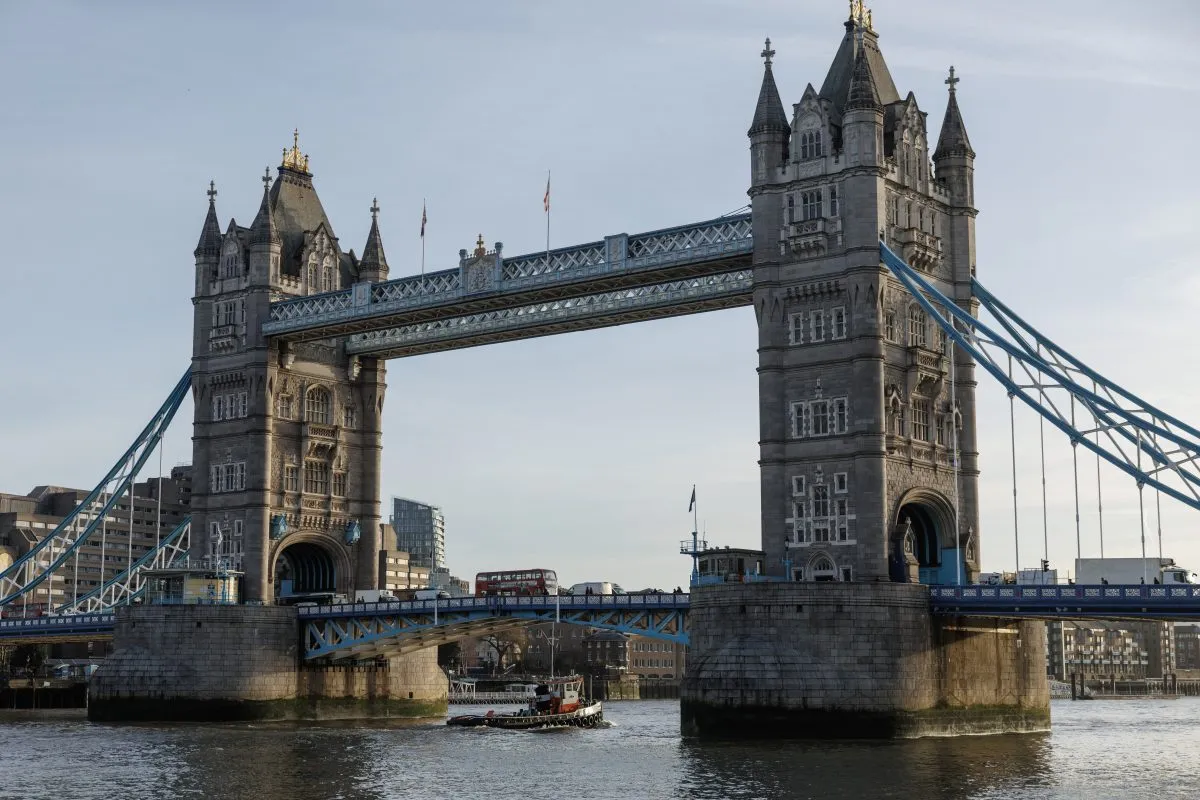
The Conservatives weak response to last week’s tube strikes proves the party needs to select their candidate for City Hall sooner rather than later, writes James Ford
The recent tube strikes should have taught Londoners three important truths: that tube drivers really love Legoland, that Lime bikes are not for the feint hearted, and that London’s Mayor thinks it is fine to be invisible during a crisis he created. The first two truths will have come as something of a revelation but the third, sadly, wont.
While a gross dereliction of duty, the absence of Sadiq Khan should have been an opportunity for the Conservative Party in the capital. Nature, after all, abhors a vacuum. With the beleaguered Mayor seeming cowering in a panic room somewhere in the bowels of City Hall, this was the moment when London needed a hero to emerge and give voice to commuters’ anger, to speak truth to power, and to provide the leadership that the capital needed. But, while the hour cometh, the Tory did not. The people did not find their tribune. A Mayor-in-Waiting did not emerge.
The Tories’ failure to have their candidate for Mayor of London in 2028 in place means that a prime opportunity to stake a credible claim to City Hall was missed. Airtime went to other voices. Column inches were filled with other people’s opinions, outrage and solutions.
Whilst we can be certain that, with Sadiq Khan at City Hall, there will be myriad other failures of leadership, crises and expensive botched policy initiatives between now and May 2028, this latest missed opportunity is symptomatic of a long-standing trend in Conservative strategy in the capital: leaving it too late to pick their would-be Mayor. Both Susan Hall (2024) and Zac Goldsmith (2016) were selected less than a year before polling day. Shaun Bailey (2021) got a longer run but that was mainly due to Covid delaying the 2020 election by a year.
And, yes, I know that people will argue that Boris Johnson was only selected some nine months before the 2008 mayoral election and it did nothing to hinder his successful campaign to be Mayor. But Boris is (and was) unlike other aspiring Conservative Mayors because he was already a national figure with a huge public profile. Kemi Badenoch and CCHQ cannot be certain that a potential candidate will emerge from the party’s ranks with the same reach and impact that Boris had in 2007. Even if a suitably ‘big beast’ is willing to run, it would be prudent to give them the best opportunity to build a profile, act as the opposition shadow to the current incumbent, and master their brief. Selecting a ‘Shadow Mayor’ to hold the current incumbent’s feet to the fire should be as important as having a Shadow Chancellor or even, dare I say it, a Leader of the Opposition.
Leaving candidate selection until 2027 gives the impression that, as far as the Conservative Party are concerned, London elections are an afterthought. This causes three significant problems for Conservative prospects in London generally. It is bad for the morale of party activists, it is kind of insulting to London and Londoners generally (and therefore puts Conservatives on the back foot before they have have unveiled a single policy or canvassed a single street), and it makes it harder to find a heavy weight candidate in he first place. Nobody is going to risk their political reputation to fight a gruelling election if they feel they are being sent out, unprepared and unsupported, in an electoral forlorn hope.
Londoners will have a much wider choice of political parties to pick from in the 2028 election than they have ever had before. If the Conservatives do not get a ‘Shadow Mayor’ in place soon, they risk getting lost in the crowd.
James Ford was an adviser on transport policy to Mayor of London Boris Johnson
